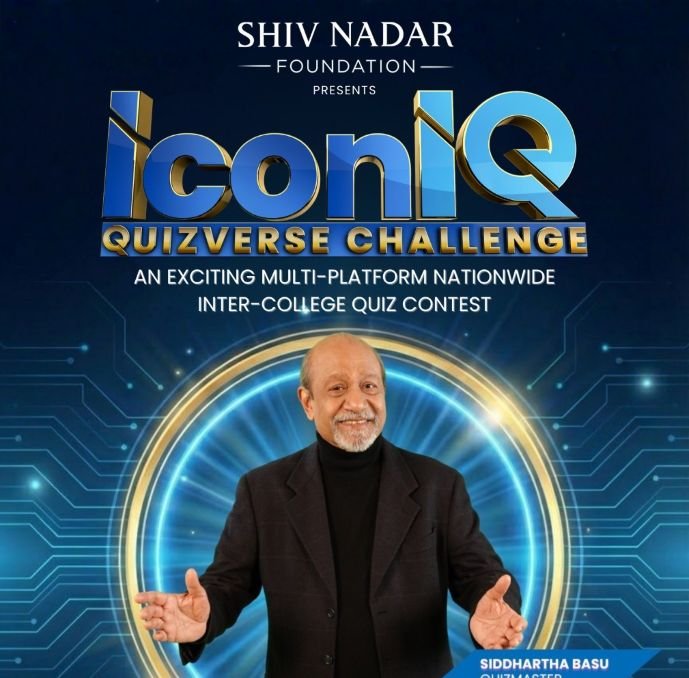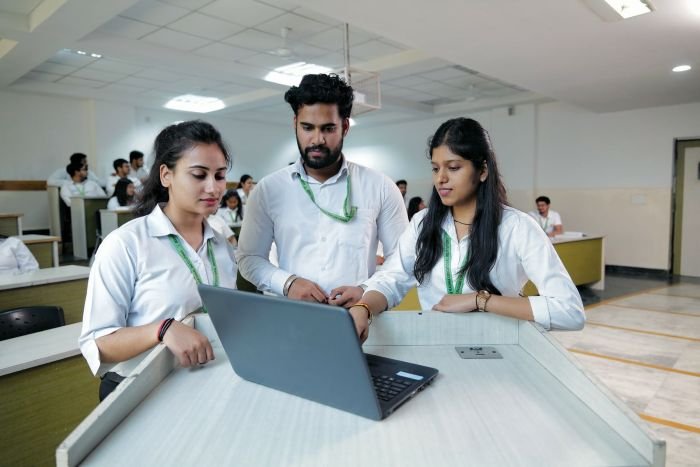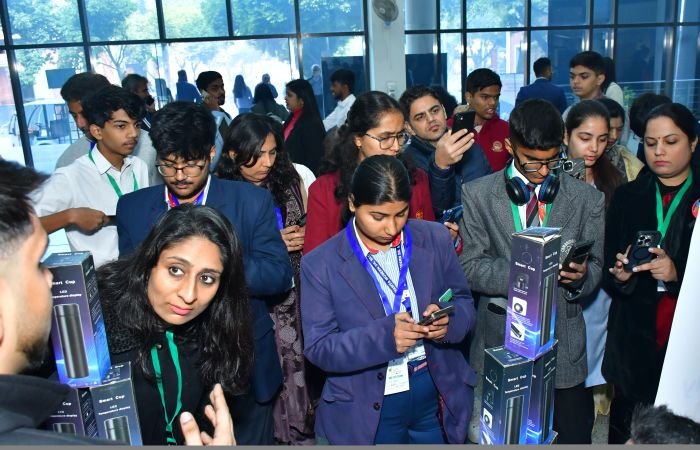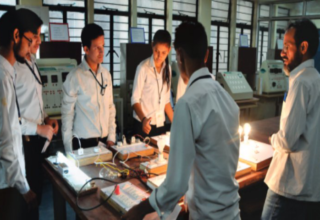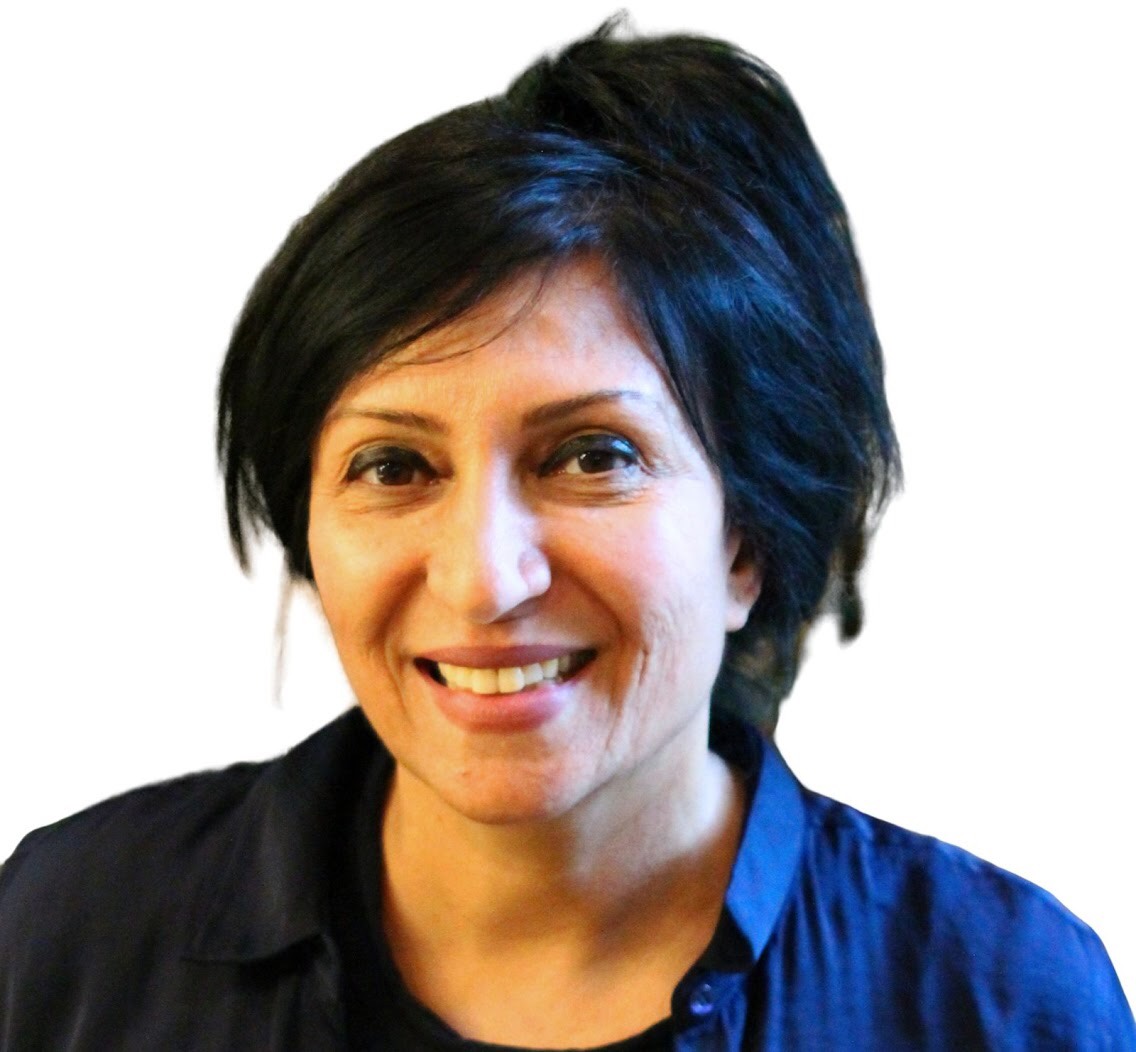
Two engineering students from Kerala bag the first prize of $10,000 for creating a virtual classroom for the millennial generation; The second prize of $5,000 was claimed by six students of Manipal Institute of Technology for enabling remote diagnosis of Covid19
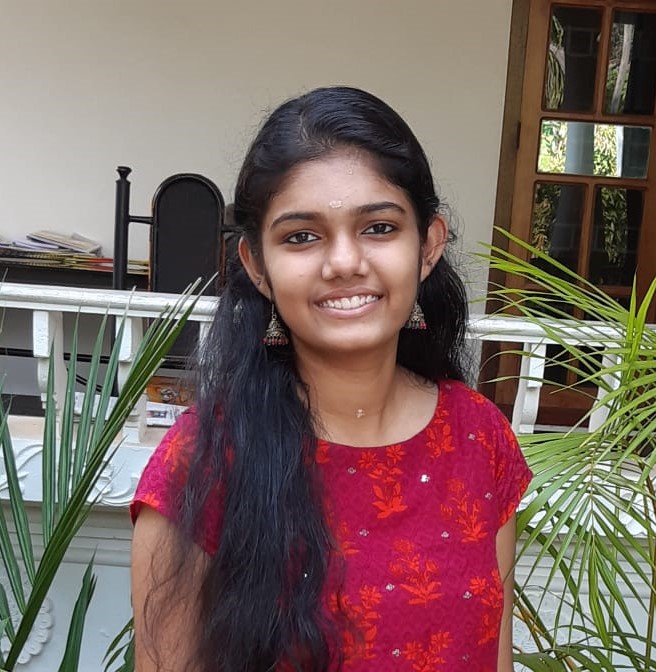
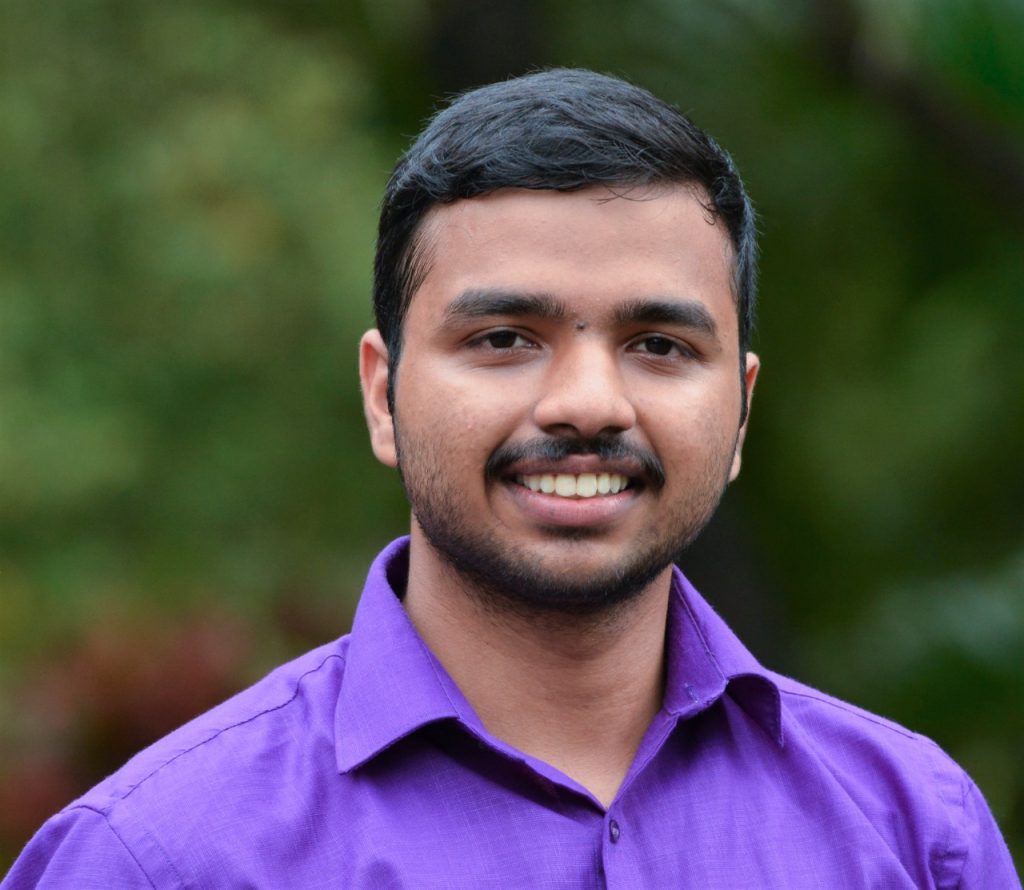
Abhinand C and Shilpa Rajeev, two students from the Government College of Engineering in Kannur, Kerala, have bagged the first prize of $10,000 at the 72-hour CODE19 online hackathon against Coronavirus in India held that started on April 10. Their winning entry, called iClassroom, involved a modern virtual classroom for the millennial generation. It connects students with teachers through a social media-type interface for uninterrupted learning in the time of the pandemic.
The second
prize of $5,000 was claimed by six students—Jithin Sunny, Joel Jogy George, Rohan Rout, Rakshit Naidu, Megha Baid
and Shivangi Shukla of Manipal
Institute of Technology for enabling remote diagnosis of Covid19 patients
to reduce the risk of infection for healthcare workers. Their solution, TeleVital, captures a patient’s vital
statistics remotely through a Web cam and browser.
The third position was divided into three categories, with each
of the three winning teams awarded $3,000 as prize money. The winners included SoloCoin which gamifies social
distancing by allowing people to earn “solo coins” by staying at home and
redeeming them for rewards from various merchants; the Covid19 Fact Checker, a fake news checker that leverages
authentic government, scientific, and public health information to bust
misinformation about the Covid19 pandemic; and Grape Community, an open platform that connects people with their
neighborhood shopkeepers and suppliers.
In addition, 10 best innovative solutions were awarded $1,000 each at the
hackathon. Hundreds of innovators and developers competed online to create
open-source solutions against the Coronavirus crisis during the hackathon.
iClassroom co-creator bhinand
C while commenting on their win said:
“Our winning entry is a virtual classroom that makes learning easier and more
intuitive by providing an engaging peer-to-peer social media type platform.
Students and teachers can interact with each other, clear their doubts, mentor
others and conduct online classes. We developed iClassromm as a dedicated
platform for students to continue with their studies uninterrupted in the
prevailing pandemic conditions and serve as a tool for enhanced learning within
and outside physical classrooms.” Shilpa Rajeev added, “We built this platform
as a practical solution for all learning communities to interact with each
other, share resources and keep track of progress in selected courses, rather
than use multiple communication tools for this purpose. We now intend to
enhance iClassroom’s functionality by integrating several useful apps.”
TeleVital team member Jithin Sunny said : “We wanted to reduce overcrowding at
hospitals and the attendant risk of infection for healthcare professionals by
devising a way to analyze the health of patients right at their homes. After
consulting a few doctors treating COVID19 patients, we realized that vital
statistics play a major role in deciding if a patient needs hospitalization or
not. We decided to create a solution to record a patient’s heart rate,
respiratory rate, body temperature, etc. without any contact-based measurement
tool. We also built a system to check if any individual was at the risk of
getting infected or being a carrier of the virus through our AI-based chatbot
to check travel history and map other symptoms.” Adding to this, Megha Baid said : “Since mobiles and laptops
are readily available at many people’s homes today, we decided to capture
vitals and other health parameters of a person through a Web browser and Web
camera, and establish online communication between the patient and the doctor.
We have implemented an algorithm that we believe is superior to the existing
ones out there. We now intend to improve the accuracy and efficiency of
TeleVital and add more features to enhance the overall user experience.”
3rd prize innovations in brief:
SoloCoin: Created by a team of eight students from various colleges across India, led by Project Lead Arbob Mehmood of UPES University, Dehradun. SoloCoin gamifies social distancing. It is an app that rewards users in virtual coins for engaging in social distancing. Virtual coins can be redeemed for coupons with select merchants.
Covid19 Fact Checker: Created by a team of four students from AISSMS College of Engineering, Pune, including Rohan Sarnjit Dhiman, Shreyas Abhay Ghorpade, Ankita Shashikant Shinde and Swapnil Jawale. Said Rohan Sarnjit Dhiman: “Misinformation and fake news are a serious problem in troubled times. Smart phones and social media platforms can spread these very quickly among masses. We have built a tool called Covid19 Fact Checker that can conduct verification of any news regarding Coronavirus on its own and conclude whether it is fake or real. Users can thus avoid getting misled by misinformation that circulates online.”
Grape Community: Created by Ranjoy Sen, a 35-year-old software professional working in Bengaluru, Grape Community is an open platform to connect communities with shopkeepers and suppliers in any area. Said Ranjoy Sen: “Small traders and shopkeepers are suffering the most from the Covid19 lockdown. Hardly any of them has a web presence and they usually depend on customers to reach out to them on their own. Grape Community will enable people to order their daily essentials from the neighborhood shops and suppliers and keep track of orders and deliveries. It will benefit both traders and customers by facilitating commerce in this period of lockdown and social distancing.”
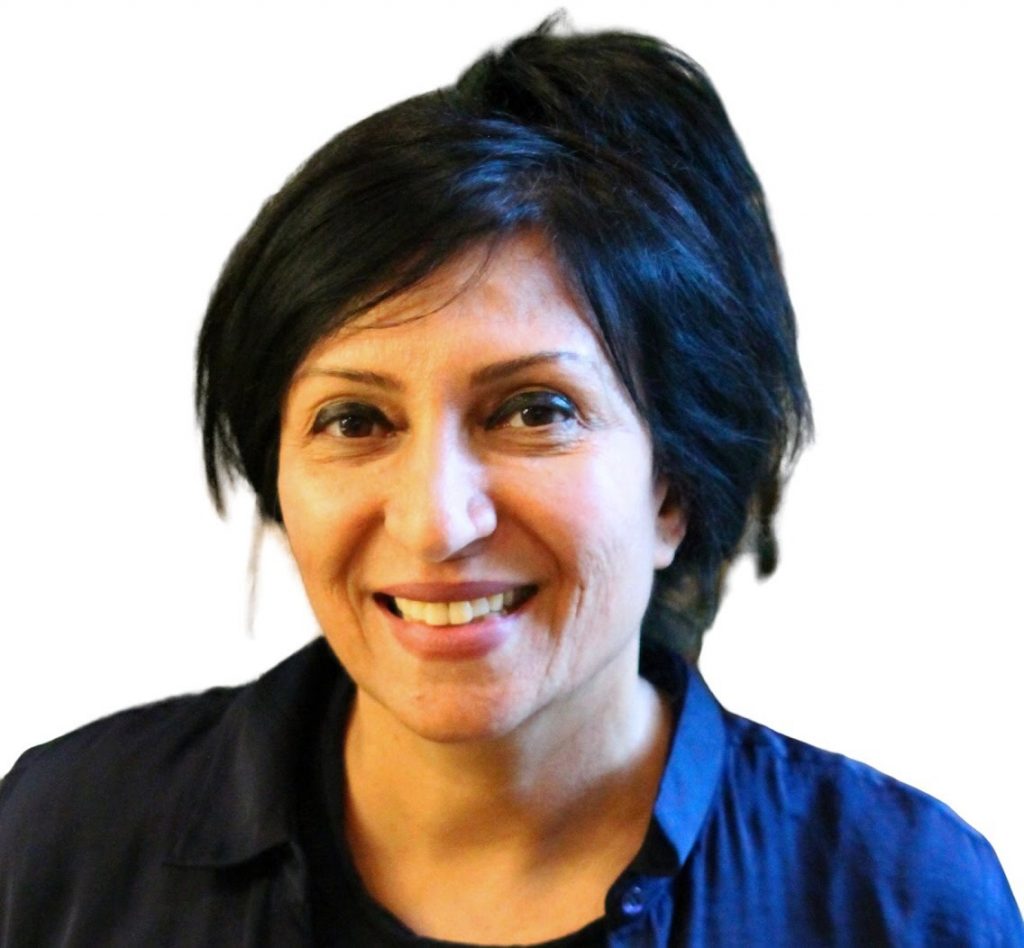
Asha Jadeja Motwani, the Founder of Motwani Jadeja Family Foundation: “We have been overwhelmed by the quality of entries at CODE19 online hackathon and the deep enthusiasm shown by all the participants. A community of hackers and mentors, especially young students from all parts of the country and around the world, came together to enable India’s fight against Coronavirus. I believe that the qualitative, open-source projects created at this hackathon would help mitigate the impending Corona-inflicted challenges in India. I am also hopeful that the total prize money of $34,000 that was awarded to winning teams will enable them to realize their solutions and bring them to market.”
The panel
of judges to decide the winners included names such as Gaurav
Aggarwal, Co-Founder, 1mg.com; Manish
Amin, Co-Founder, Yatra.com; Praveen Nahar, Director, National Institute
of Design (Ahmedabad); Vishal Gondal, Founder, GOQii; Vaibhav
Aggarwal, Founder, Fabhotels.com; Amit Ranjan, Co-Founder, SlideShare;
and Jitender Minhas, CEO, IAMAI Startup Foundation,
CODE19 was organized by the Motwani Jadeja Family Foundation in collaboration
with partners such as TIE Mumbai, IAMAI Startup Foundation, Mumbai
Angels Network, Association of Designers of India, Stumagz and GirlScript. The
event had three leading academic institutions as partners – National Institute
of Design (Ahmedabad), IIT Kharagpur and Centre for Entrepreneurship – Ashoka
University.


